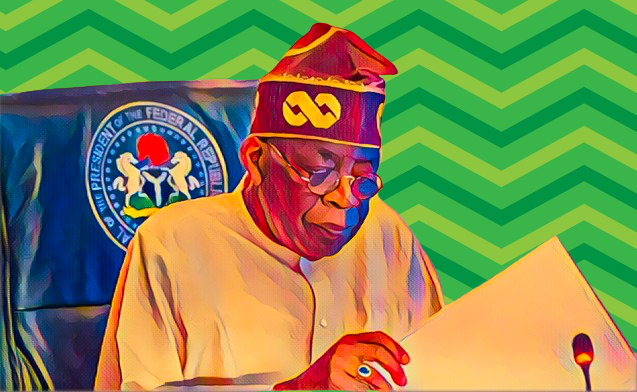President Bola Tinubu has signed the new Minimum Wage Act into law, establishing a new national minimum wage of N70,000. This move follows weeks of negotiations between the Federal Government, organized labour unions, and the private sector.
The signing ceremony took place at 2 pm at the Council Chamber of the Presidential Villa in Abuja. It was witnessed by key government officials, including Senate President Godswill Akpabio, Deputy Senate President Barau Jibrin, and House Leader Prof. Julius Ihonvbere, who represented the Speaker of the House of Representatives, Tajudeen Abbas.
This new law is the result of a compromise reached nearly two weeks after President Tinubu and labour unions—comprising the Nigeria Labour Congress and the Trade Union Congress of Nigeria—agreed on N70,000 as the new minimum wage. This agreement was reached on July 18, following months of intense negotiations.
Senate President Godswill Akpabio expressed his enthusiasm about the new minimum wage, stating, “I’m ecstatic. I’m excited about the Nigerian worker and the national minimum wage amendment, which applies to the entire nation: The Federal Government, the states, the local governments, the private sector, and even individual employers.” He emphasized that the new wage is a significant increase from the previous N30,000, ensuring that no Nigerian worker will be paid less than N70,000 from now on. Akpabio also noted that while N70,000 is the minimum, employers with the capacity can pay more.
Akpabio highlighted the swift passage of the bill through the National Assembly, emphasizing the urgency and importance of this legislation. He remarked that the entire National Assembly moved quickly to pass the bill in one day out of excitement and a sense of responsibility toward Nigerian workers.
Additionally, Akpabio announced that President Tinubu would sign the 2024 budget amendment bill into law on Wednesday, July 31, 2024. This amendment is essential to finance the new minimum wage. The Federal Executive Council had previously mandated the Minister of Budget and Economic Planning to prepare a bill to amend the 2024 Budget. Tinubu’s request to amend the 2024 Appropriation Act and the 2023 Finance Act was aimed at increasing the budget by ₦6.2 trillion. The Senate has approved this amendment, raising the national budget for the year from ₦28.7 trillion to ₦35.055 trillion.
The new wage policy aims to provide better financial security for workers and stimulate economic growth by increasing consumer spending. However, the implementation of the new wage will also require careful management to ensure that it does not lead to inflationary pressures or strain on businesses, particularly small and medium-sized enterprises (SMEs).



